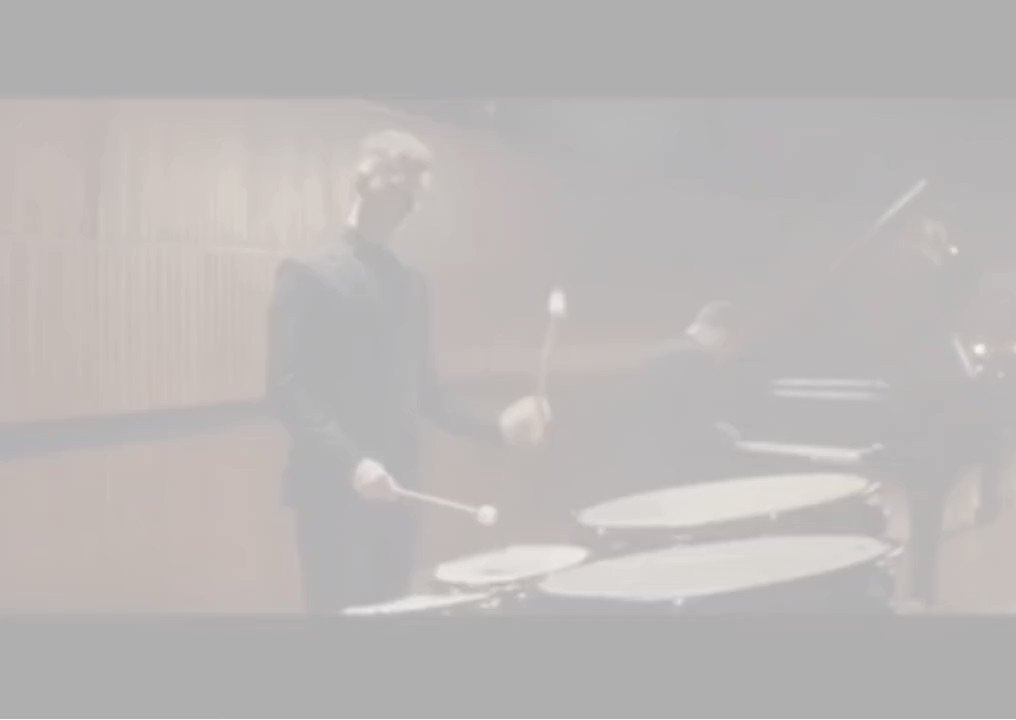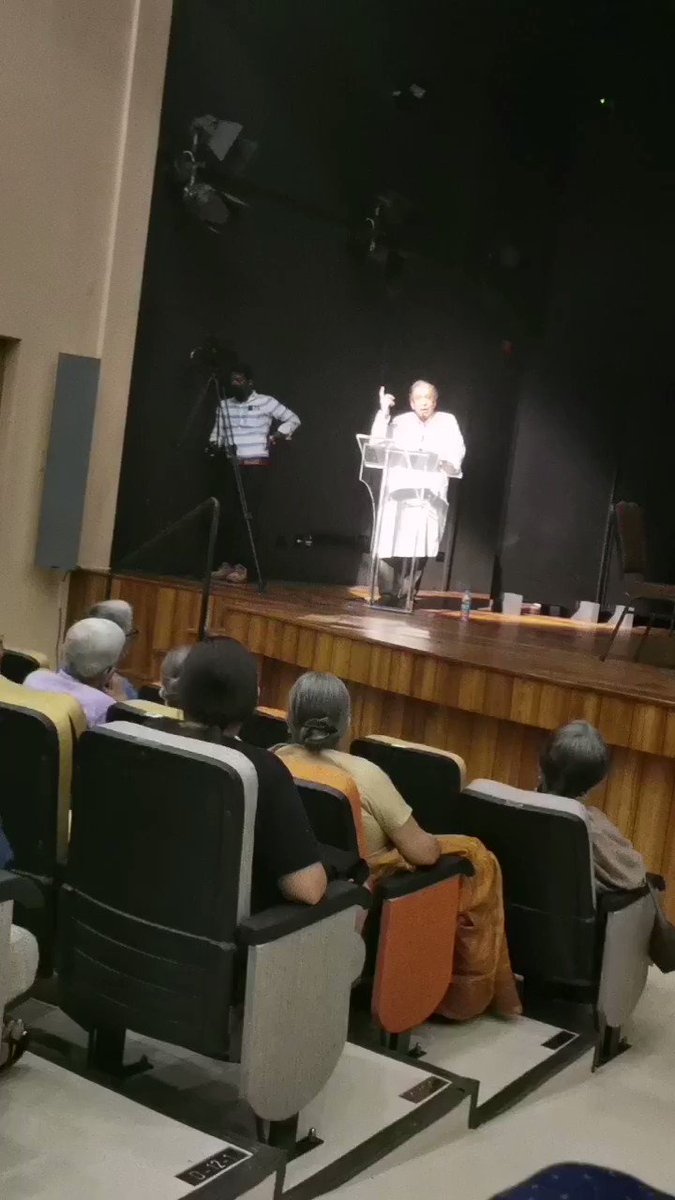Vibha B Madhava
9:05
9:10
9:12
9:14
9:15
9:17
9:20
9:21
9:22
9:23
9:23
9:25
9:26
9:27
9:30
9:36
9:38
9:41
9:42
9:43
9:45
9:53
9:53
9:54
9:54
9:55
9:56
9:57
9:58
9:59
10:00
10:01
10:02
10:05
10:08
10:10
10:11
10:14
10:15
10:19
Connecting…





